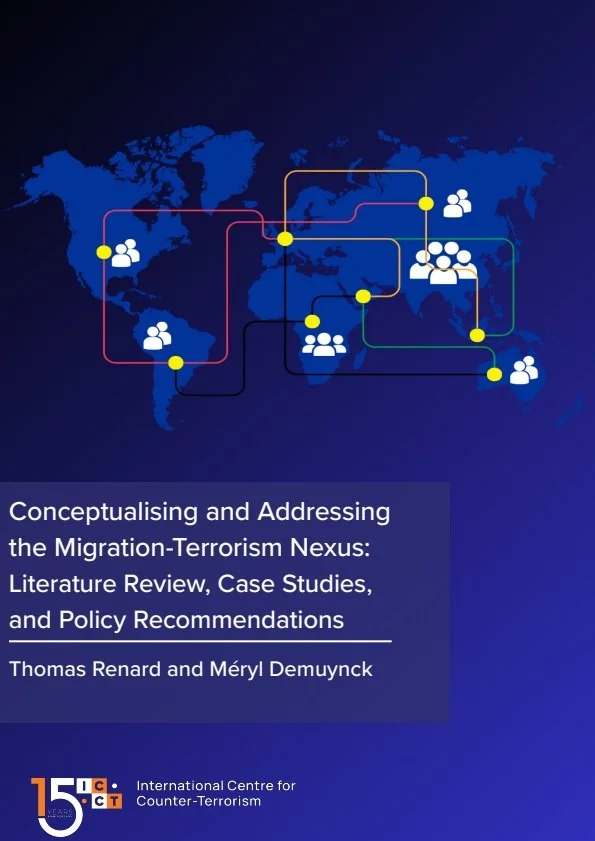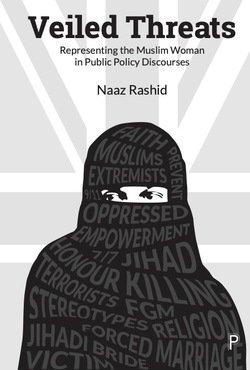By Thomas Renard and Méryl Demuynck
The nexus between migration and terrorism is a contentious subject. Attacks conducted by immigrants or by terrorists infiltrated within migration flows have raised legitimate concerns among the population and policy-makers. Yet, reductive narratives and political ideology have resulted in a simplistic and biased perception of this phenomenon. As a result, public immigration and counter-terrorism policies are poorly informed. This research, conducted by the International Centre for Counter-Terrorism (ICCT), seeks to offer a robust, evidence-based analysis of the migration-terrorism nexus. Through an interdisciplinary approach that integrates an extensive literature review, the analysis of an original dataset, semi-structured interviews, and detailed case studies, the report interrogates the multifaceted dynamics of this relationship. It aims to uncover the nuanced ways in which migration and terrorism intersect, providing a critical counterpoint to simplistic and politicised interpretations.
The Hague: The International Centre for Counter-Terrorism (ICCT) , 2025. 110p.







